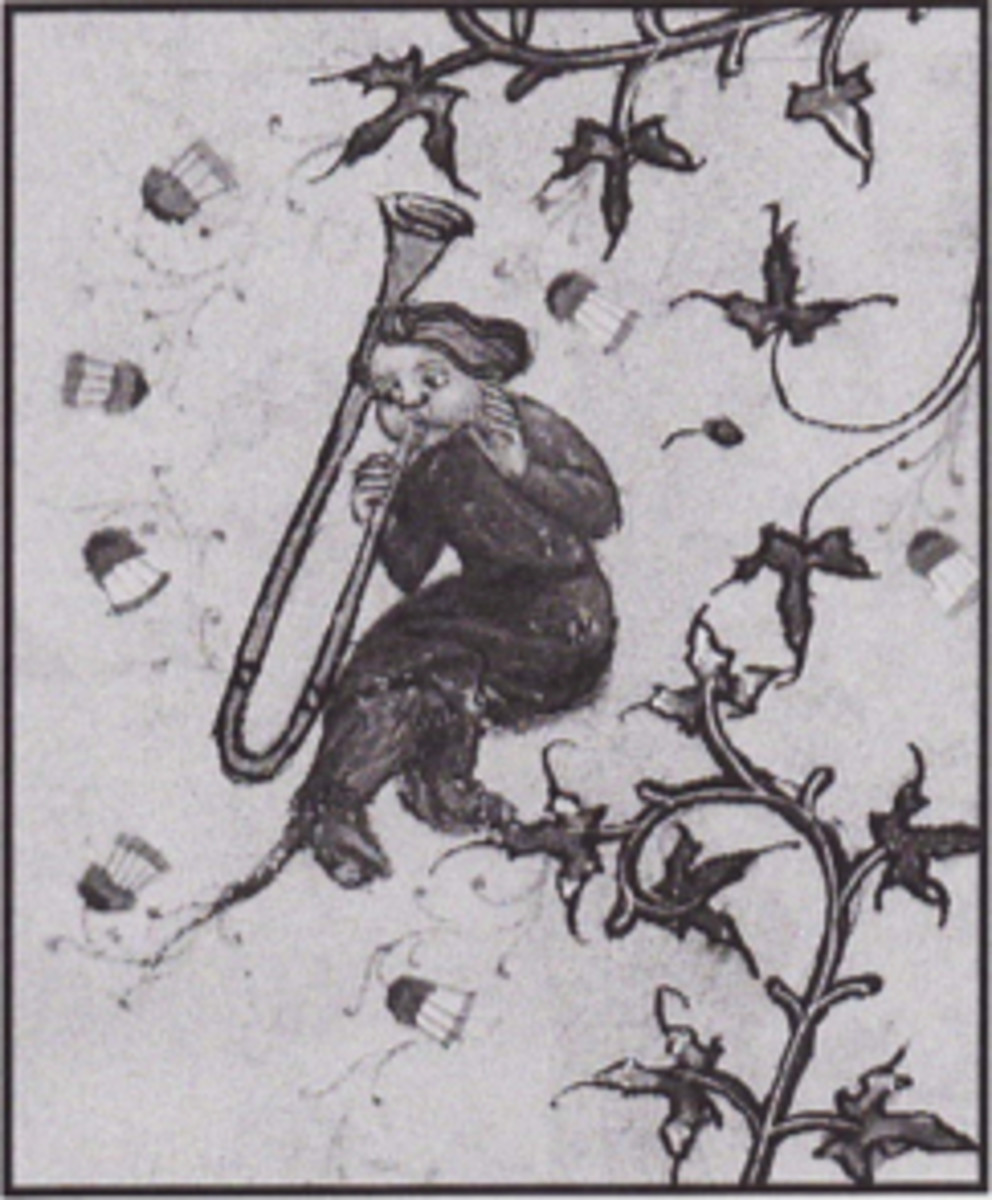Evolution of Rock N Roll
Easy as 1-2-3
Rock music, that is, electric guitars, bands, amps, bass etc., originated from the Blues much earlier. Bill Haley and the Comets were near the first of the "rock" bands, of course, Elvis, the King of Rock, took it to the next level and was banned in many places for the frenzy he caused to girls and for is sexual hip movements, some of his early rock numbers remain classic, but by 1960, he really had become a sort of "Sinatra" of rock music. It was Frank Sinatra in the 1940s that caused girls to act as they did for Elvis. Elvis had lost his rawness, the edge, the angst that many artists lose after becoming millionaires. His music clearly reflected it. Meanwhile, another bunch of teenagers in Liverpool idolized Elvis. They mimiced everything he did, his sound, his look. Elvis inspired them to buy guitars and crave his success. They would sing with his records, pretend they were in bands, be famous. Their parents scoffed at them, "you'll never earn a good living do that".
Of course, the lads were John lennon, Paul McCartney, George Harrison and Ringo Starr. But like millions of others, they also liked other American rock bands, mostly Buddy Holly and the Crickets, Little Richard. So time passes, the next generation of rock begins to evolve from American R&B and Pop but with a British twist and sound, which really made it so much better. Thus, The Beatles played such a vast assortment of music during their formation it was amazing-they simply were not interested in just rock. But the band never caught on, so they played a year in Hamburg. Their Hamburg days really is where they became so tight as a band. It was where the "beatle look" in hairstyle was born, which prevails to this day.
When they returned with a new look, things began to change. They still wore leather pants, cowboy boots and looked raw, but the hair was no longer greasy like Elvis, and they had bangs. Their music was so tight, they knew how each other played and when in a song. Their harmonies had been perfected. The songs were the same but sounded way better.
Of course, rock in the US followed a less progressive manner because Elvis dominated the scene. Whereas, The Beatles seemed to have out grown it and moved on, most American bands or artists had that Elvis look. An exception were The Beach Boys from California. There rock sound was totally different and their harmonies nice. Their look was the "surfer" look, so cool at the time. They rocked to themes about cars, love and surfers. Their music remained clean. They lacked the rawness and angst sound that The Beatles or Elvis could belt out.
By 1963, The Beatles dominated the UK scene. Their 1962 demos and some of their first songs as a team were rejected by Parlophone. Their manager continued to persist a record deal and as a last ditch attempt, met with a little known 30ish EMI producer, George Martin, who had been instructed to find a rock artist. Martin, himself, hated rock. So, The Beatles auditioned. They sang Please, Please Me and Love Me Do , original compositions. Martin thought they might have a chance, but did not like Ringo's drumming on Love Me do .m and replaced him with Alan White. He thought Please Please me might be their #1 hit. He liked their personalities, including John's refusal to change any song arrangements. He like John's raw voice and Paul's smooth crooning, together, it was like a swiss watch-perfect.
EMI released both songs and it was their first #1 hit. Meanwhile, in the US, Capitol records had a slight interest in The Beatles and arranged to have an American LP released in 1963 on the Veejay label. Thus, Introducing The Beatles, went out on a very limited test run, only 5000. Most of the songs were original. However, America was not interested in this import. The Beach Boys and The Four Seasons were stealing the scene. This LP is now worth 10K, it sold for $4.00. Thus, The Beatles continued their rise in the UK and Europe, where Beatlemania began. The Rolling Stones, The Kinks, The Dave Clark Five, were now all playing American R&B with a British twist.
Of course, 1964 comes, and Capitol Records knows they have a hot product and is willing to support it, The Beatles arrive and 72 million watched them perform on the Ed sullivan show. The rest of the story is now history. America is invaded by British rock bands and all are very popular because it was new and different.
However, The Beatles, like Elvis before, spawned more rock artists in 1964-5, kids just like they had been, to wit: members of Led Zepplin, Eric Clapton, Phil Collins and many more. These kids loved The Beatles, went out and got guitars and started their own bands.
Since The Beatles, there really has not been a band that has changed the world and not just musically, nor will there be.
Led Zepplin brought in the first heavy metal sound, which still sounds fresh (even though The Beatles' Helter Skelter pre-dates Led Zepplin).
Led Zepplin then spawned others in the 70s and so on.



